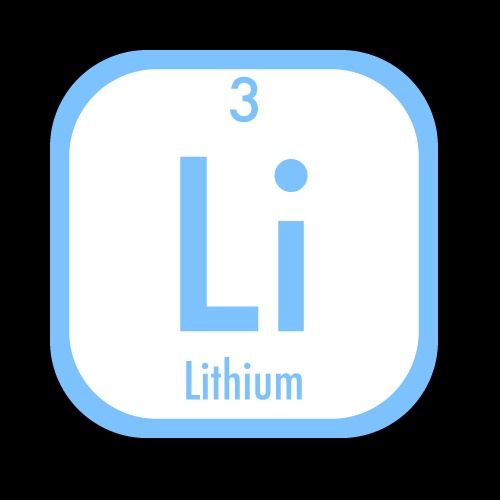Lithium-ion batteries and flooded lead-acid batteries are two different types of rechargeable batteries, and each has its own set of advantages and disadvantages. Here are some of the benefits of lithium-ion batteries compared to flooded lead-acid batteries:
-
Energy Density: Lithium-ion batteries have a higher energy density compared to flooded lead-acid batteries. This means they can store more energy in a smaller and lighter package. Lithium-ion batteries are ideal for applications where weight and space are critical factors, such as in portable electronics and electric vehicles.
-
Longer Cycle Life: Lithium-ion batteries typically have a longer cycle life than flooded lead-acid batteries. They can endure more charge and discharge cycles before experiencing a significant loss of capacity. This makes them more cost-effective over the long term, especially in applications where frequent cycling is required.
-
Maintenance-Free: Unlike flooded lead-acid batteries, lithium-ion batteries do not require regular maintenance like checking water levels and cleaning terminals. They are sealed and maintenance-free, which simplifies their use and reduces ongoing operational costs.
-
Fast Charging: Lithium-ion batteries can be charged more quickly than flooded lead-acid batteries. They are capable of accepting a high charge current, which reduces downtime and improves productivity in applications where fast charging is essential.
-
Lightweight: Lithium-ion batteries are much lighter than flooded lead-acid batteries with comparable energy capacity. This weight advantage is particularly important in portable and mobile applications, such as laptops, smartphones, and electric vehicles, where reducing weight can enhance performance and efficiency.
-
High Efficiency: Lithium-ion batteries have a higher charge and discharge efficiency compared to flooded lead-acid batteries. They convert a larger percentage of the input energy into usable output, which means less energy is wasted as heat during charging and discharging.
-
Self-Discharge: Lithium-ion batteries have a lower self-discharge rate compared to flooded lead-acid batteries. This means they can retain their charge for longer periods when not in use, making them more suitable for backup power applications.
-
Wide Operating Temperature Range: Lithium-ion batteries can operate effectively in a broader temperature range compared to flooded lead-acid batteries. This makes them suitable for extreme temperature environments, such as in electric vehicles that need to function in both hot and cold climates.
-
Compact Design: Lithium-ion batteries can be designed in various shapes and sizes, which makes them more adaptable to various product designs and applications. This flexibility in design is especially valuable in consumer electronics and electric vehicle industries.
-
Environmental Impact: Lithium-ion batteries are generally considered to be more environmentally friendly compared to flooded lead-acid batteries due to their longer lifespan, lower maintenance requirements, and fewer hazardous materials.
While lithium-ion batteries offer numerous advantages over flooded lead-acid batteries, it's essential to note that they are also more expensive. The choice between the two depends on the specific requirements of the application, cost considerations, and environmental factors.

